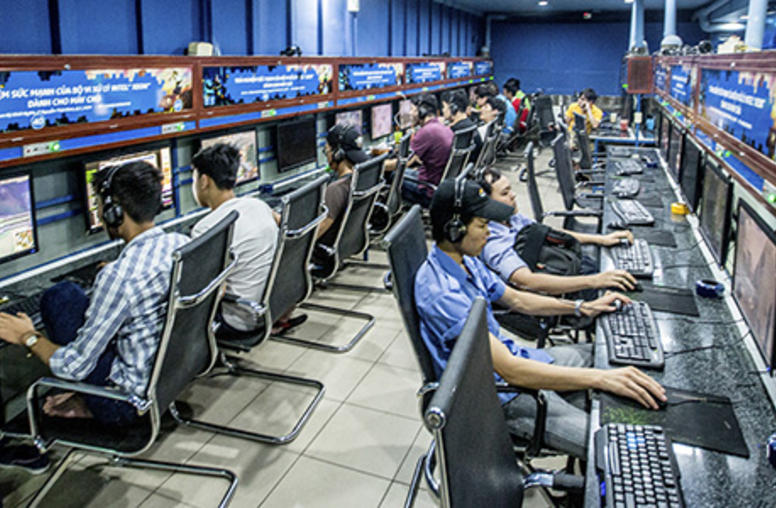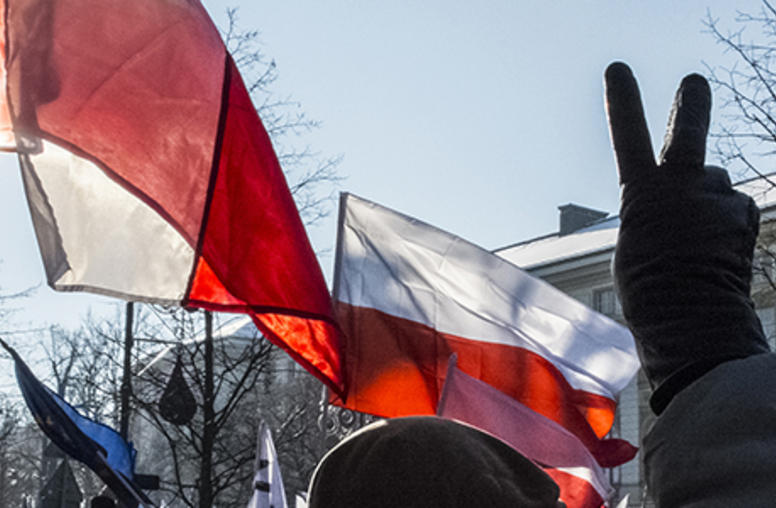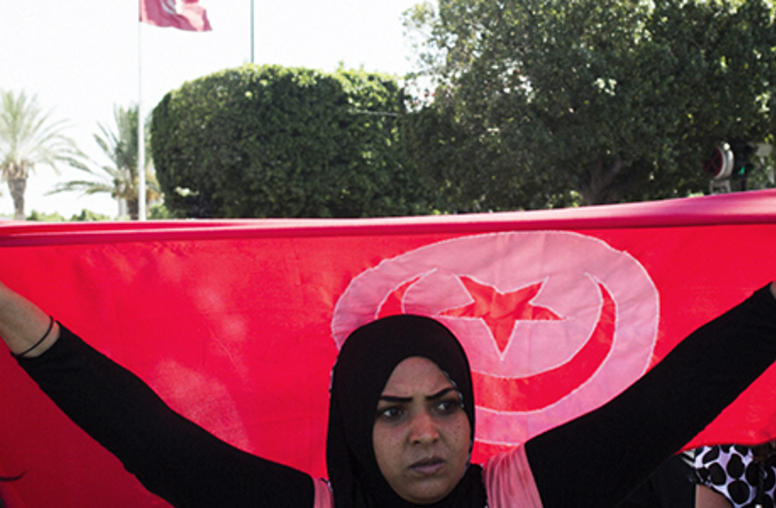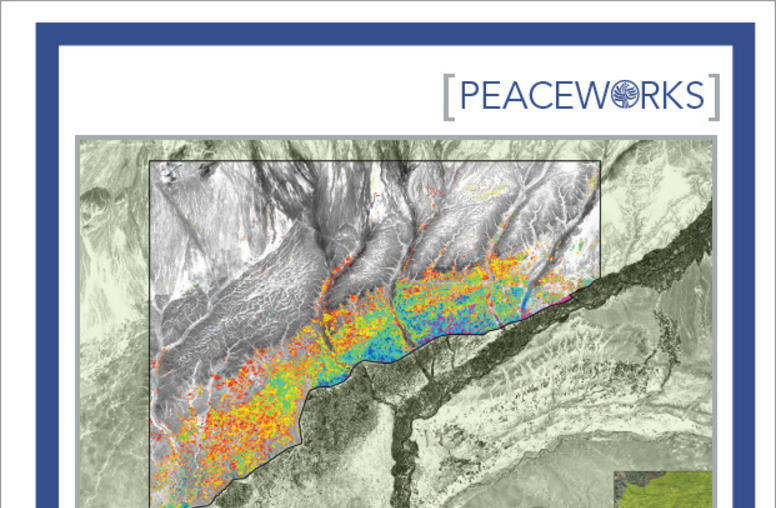Terror on the Internet: The New Arena, the New Challenges
Book Launch
Using data derived from an exhaustive eight-year study, a new USIP Press book, Terror on the Internet, provides an eye-opening account of the sharp increase in the terrorist presence on the Internet, exploring how terrorists use the Internet to carry out their plans on a daily basis to plan and launch attacks, raise funds, recruit members and publicize their successes.
The book also identifies and evaluates counterterrorism efforts and assesses the actual threat of cyberterrorism as well as the risks associated with government efforts to constrain cyberterror.
Please join the book's author, Gabriel Weimann, and distinguished expert Bruce Hoffman for a discussion and visual presentation of these issues and their implications for U.S. policies toward cyberspace. Presentations will be followed by Q&A.
**The book will be available for purchase at the event.
Speakers
- Gabriel Weimann
Author, Terror on the Internet | Professor of Communication, Haifa University - Bruce Hoffman
Director | RAND (Washington) - Richard Solomon, Moderator
President | United States Institute of Peace
Archived Audio
To listen to audio or to view video, please click on the links provided below. You also can right click on the links and choose "Save Target As" or "Download Linked File." This will save the file to your computer and then allow you to play it in your media player directly. More Audio Help.
- Listen to the audio from this event.
1:45:13 - 19.02MB




